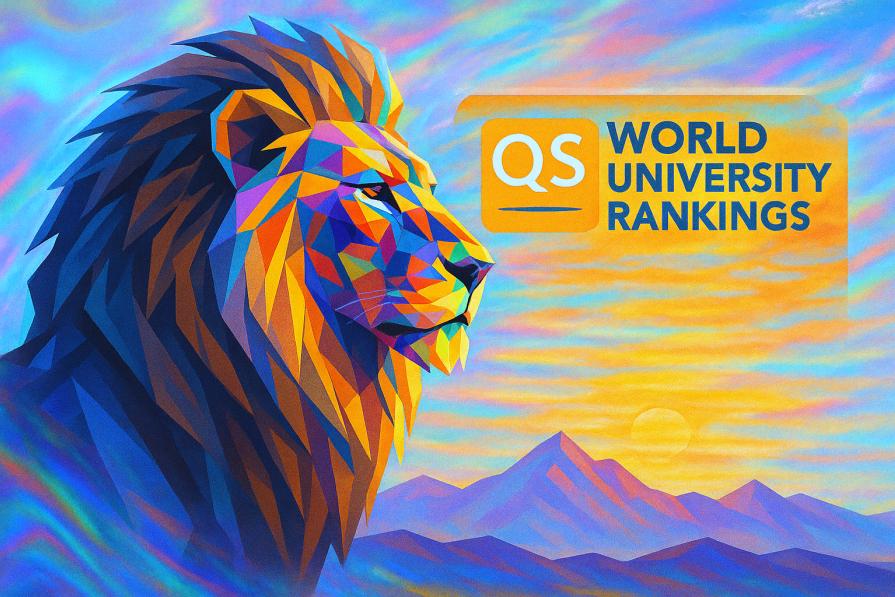The unexpected rise of Imperial College London in the QS World University Rankings has displaced the annual leader of the University of Cambridge from second to fifth. The last time Imperial got to second place in the ranking was 10 years ago, in 2015, since then its position has not been maintained or improved, but only decreased.
From one point of view, a breakthrough in the ranking is a good sign for a British university. However, on the other hand, the overall position of British universities in international rankings is deteriorating. Almost 58% of UK universities that are included in the QS World University Rankings every year have dropped to the bottom lines. The situation for American institutions is no better: about 66% of them also lost their last year's places.
Experts believe that these estimated results clearly signal that the vector of international education is changing rapidly: Indian and Asian universities are beginning to assert themselves more loudly and attract students from all over the world, and former leaders from the United States and Europe are losing their grip, showing a low level of mobility against the backdrop of geopolitical changes.
Although the Massachusetts Institute of Technology has so far managed to maintain its exclusive leadership - it has been at the top of the QS World University Rankings for 13 years in a row.









